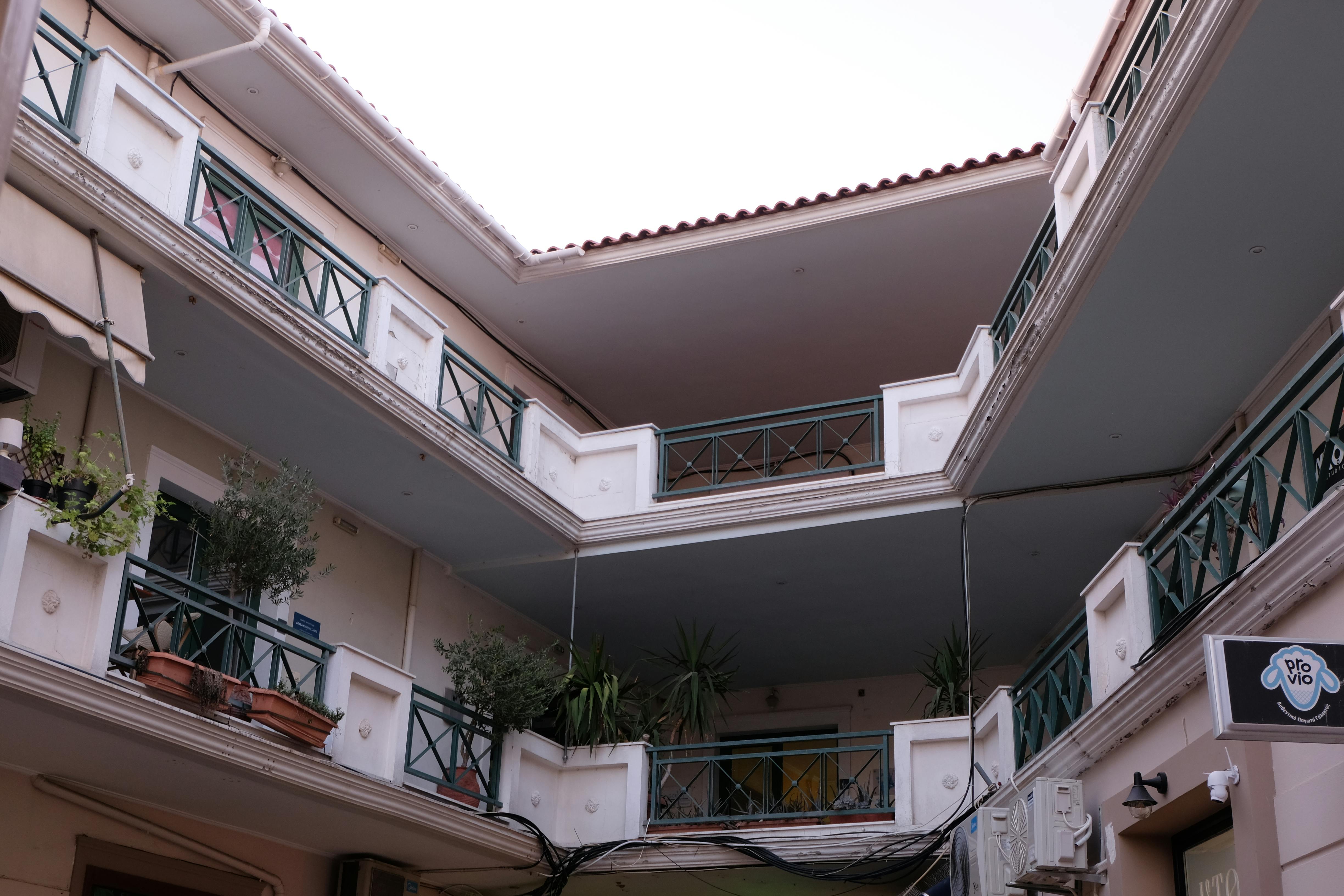Social Housing in Ireland: What you need to know
Social housing in Ireland supports individuals and families who struggle to find affordable accommodation. This guide outlines who qualifies, how to apply through your local authority, what documents are required, and how to improve your chances of securing a suitable home.

Social housing in Ireland serves as a vital safety net for individuals and families unable to secure accommodation through the private rental market. The system encompasses various housing supports administered by local authorities and approved housing bodies. With increasing demand and limited supply, navigating the social housing landscape requires understanding the eligibility criteria, application procedures, and alternative options available to those in housing need.
How the Social Housing System Works in Ireland
The social housing system in Ireland operates primarily through local authorities (city and county councils) who act as the main providers of social housing. These authorities own and manage housing stock that is rented to eligible households at affordable rates based on their income. The Department of Housing, Local Government and Heritage oversees the national policy framework and funding for social housing programs.
Local authorities assess housing needs in their areas and maintain waiting lists of approved applicants. They also work alongside approved housing bodies (AHBs) - non-profit organizations that provide and manage social housing. Together, these entities deliver various housing supports through direct provision of housing units, rental assistance schemes, and other targeted programs.
The system aims to provide secure, affordable accommodation to those who cannot afford market rents or purchase their own homes. Rent for social housing is calculated using a differential rent scheme, meaning tenants pay according to their ability based on household income.
Income and Eligibility Criteria for Social Housing
To qualify for social housing in Ireland, applicants must meet specific income thresholds that vary by region. These maximum net income limits are set by the Department of Housing and are regularly reviewed. For example, a single person in Dublin might have a different threshold compared to someone in rural Ireland.
Besides income requirements, applicants must demonstrate a genuine housing need. This could include: - Current accommodation being overcrowded or unfit for habitation - Being homeless or living in emergency accommodation - Having specific housing requirements due to disability or health issues - Being unable to afford private rental accommodation - Living in accommodation that is unsuitable for family needs
Irish citizenship or legal residency status is also required, though specific immigration statuses may affect eligibility. Additionally, applicants cannot own alternative suitable accommodation, and those with a history of anti-social behavior or significant rent arrears may face restrictions.
Local authorities conduct periodic reviews of circumstances to ensure continued eligibility, as changes in income or family composition can affect qualification status.
Steps to Apply Through Your Local Council
The application process for social housing begins with submitting a standardized application form to your local authority. This comprehensive form requires detailed information about household members, income, current housing situation, and specific housing needs.
Key steps in the application process include:
- Obtain the application form from your local council office or website
- Gather supporting documentation such as proof of identity, PPS numbers, income verification, and residency status
- Submit the completed application with all required documentation
- Attend an interview with housing officers if requested
- Receive notification of your housing need assessment outcome
- If approved, you will be placed on the housing waiting list
Once on the waiting list, your position depends on factors including time spent waiting, household size, and urgency of need. The local authority uses a scheme of letting priorities to allocate available housing. It’s essential to update your application annually and notify the council of any significant changes to your circumstances.
Waiting times vary significantly across different local authorities, with urban areas typically having longer waiting periods due to higher demand and limited housing stock.
Alternative Housing Supports like HAP and RAS
For those facing extended waiting times for traditional social housing, Ireland offers several alternative support schemes:
The Housing Assistance Payment (HAP) allows qualified households to rent from private landlords while the local authority pays the landlord directly. Tenants contribute a differential rent to the council based on their income. HAP recipients remain on the social housing waiting list but are considered to have their housing needs met.
The Rental Accommodation Scheme (RAS) is similar to HAP but involves a three-way agreement between the tenant, landlord, and local authority. The council pays the full rent to the landlord and collects a contribution from the tenant. RAS typically offers more security than HAP as agreements are usually medium to long-term.
Other alternatives include: - The Cost Rental Scheme, providing homes at below-market rents - The Mortgage to Rent scheme for those facing mortgage arrears - Leasing arrangements where local authorities lease properties from private owners - The Capital Assistance Scheme for specific vulnerable groups
These schemes aim to utilize the private rental sector to supplement the limited social housing stock while providing more immediate solutions for those in housing need.
Tenants’ Rights and Responsibilities in Social Housing
Social housing tenants in Ireland have specific rights protected by law and tenancy agreements. These include the right to: - Peaceful enjoyment of the property without undue interference - Adequate notice periods before inspections or maintenance visits - Proper maintenance and timely repairs by the housing provider - Clear information about rent calculations and increases - Appeal mechanisms for disputes with the housing authority - Protection against unfair eviction
However, these rights come with corresponding responsibilities: - Paying rent regularly and on time - Maintaining the property in good condition - Reporting necessary repairs promptly - Respecting neighbors and avoiding anti-social behavior - Not making significant alterations without permission - Allowing access for inspections and repairs with reasonable notice - Informing the local authority of changes to household composition or income
Understanding these mutual obligations is essential for maintaining a successful tenancy. Local authorities typically provide tenants’ handbooks outlining these rights and responsibilities in detail. Failure to meet tenant obligations can lead to warnings, fines, or in severe cases, eviction proceedings.
Social housing tenants also have access to complaint procedures and can escalate unresolved issues to the Residential Tenancies Board or Ombudsman in certain circumstances.
Navigating Ireland’s social housing system requires patience and persistence, but understanding the various pathways and supports available can help households secure affordable, stable accommodation. Whether through traditional council housing or alternative schemes like HAP and RAS, the system aims to provide housing solutions for those most in need, despite the challenges of limited supply and high demand.




